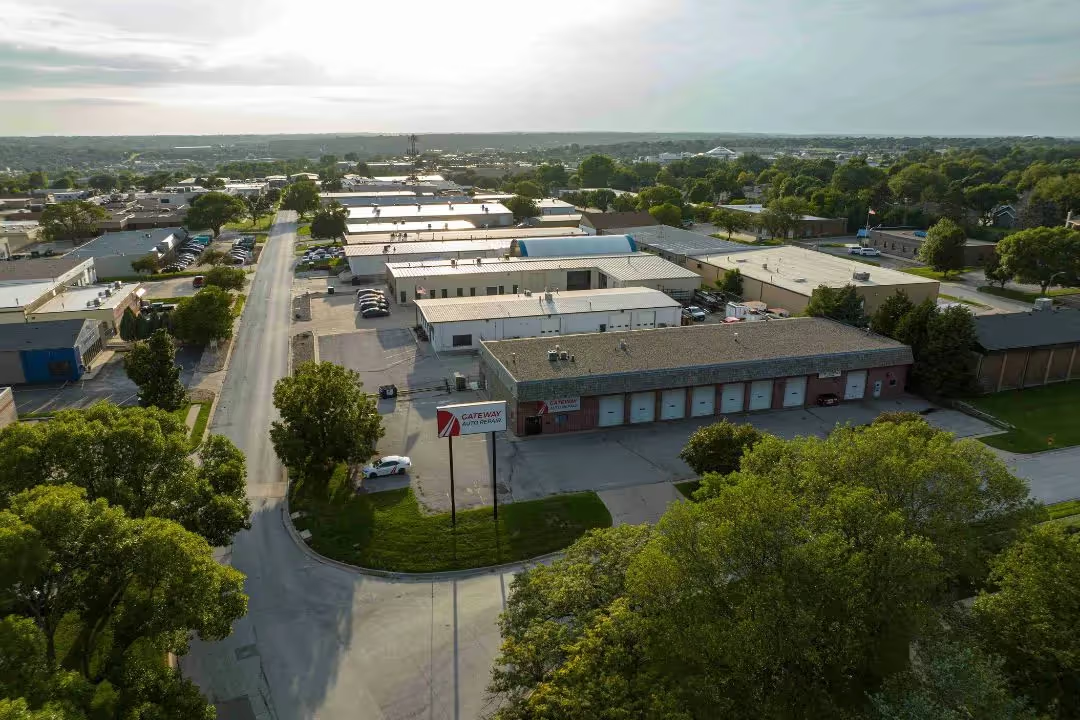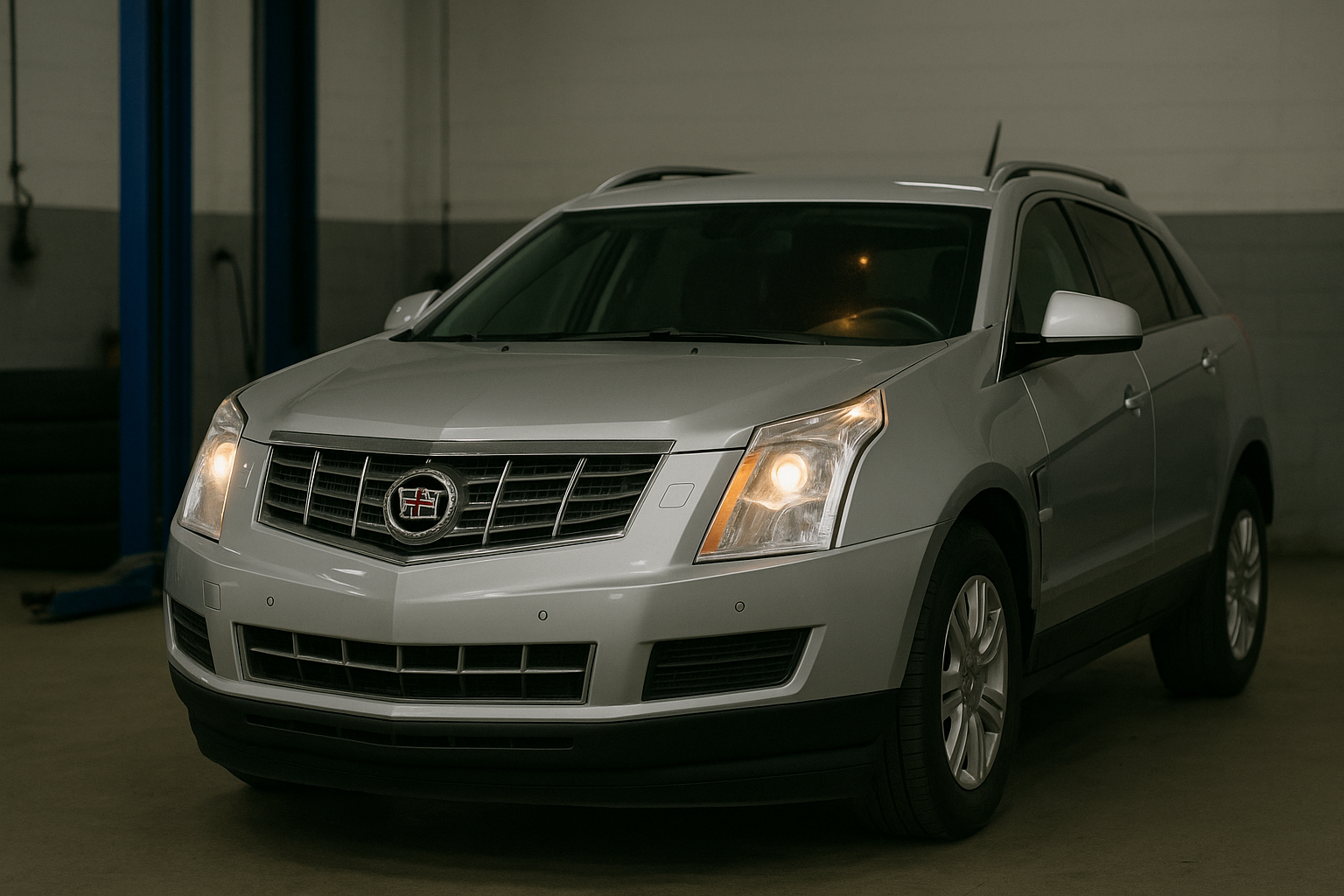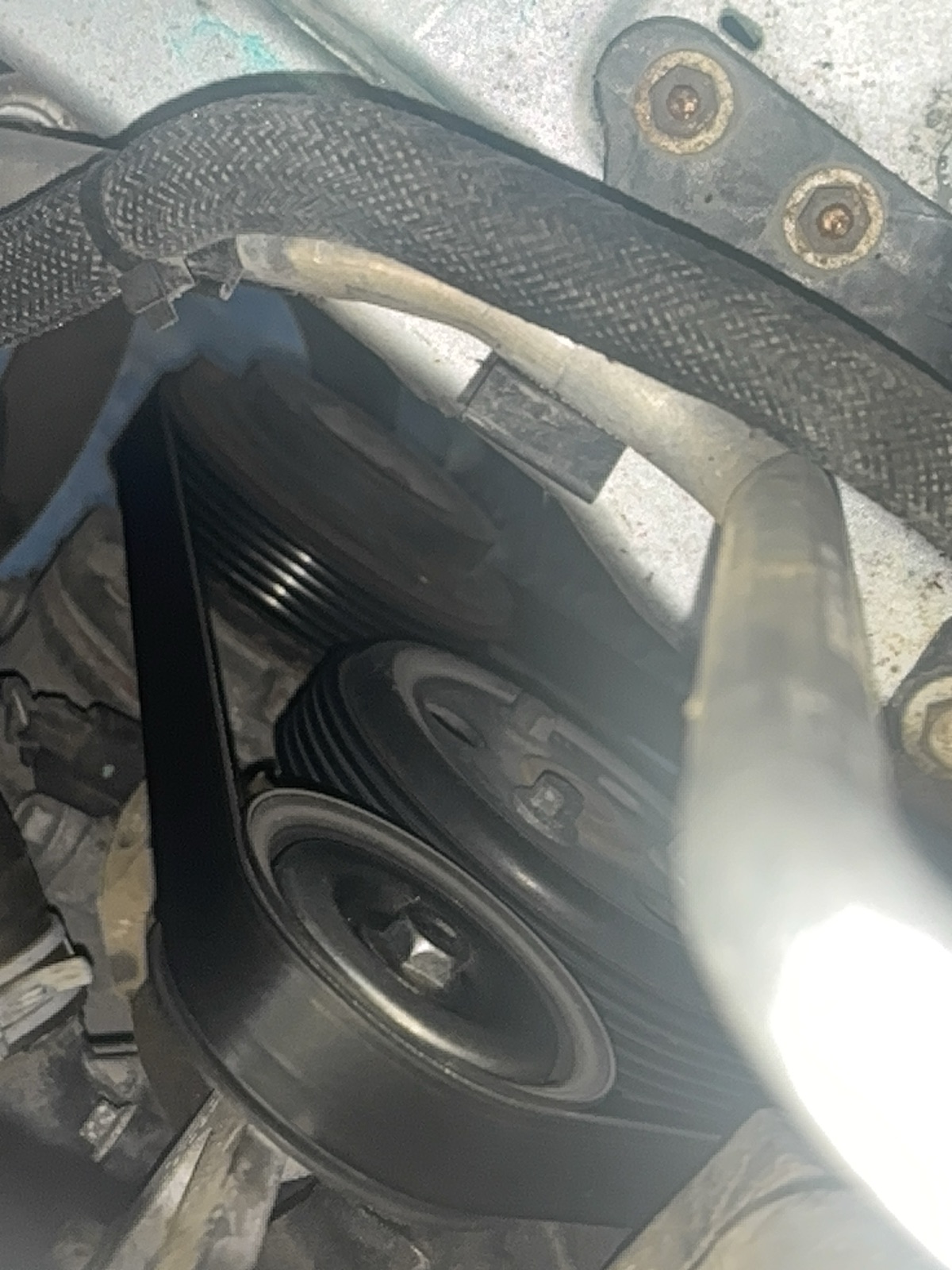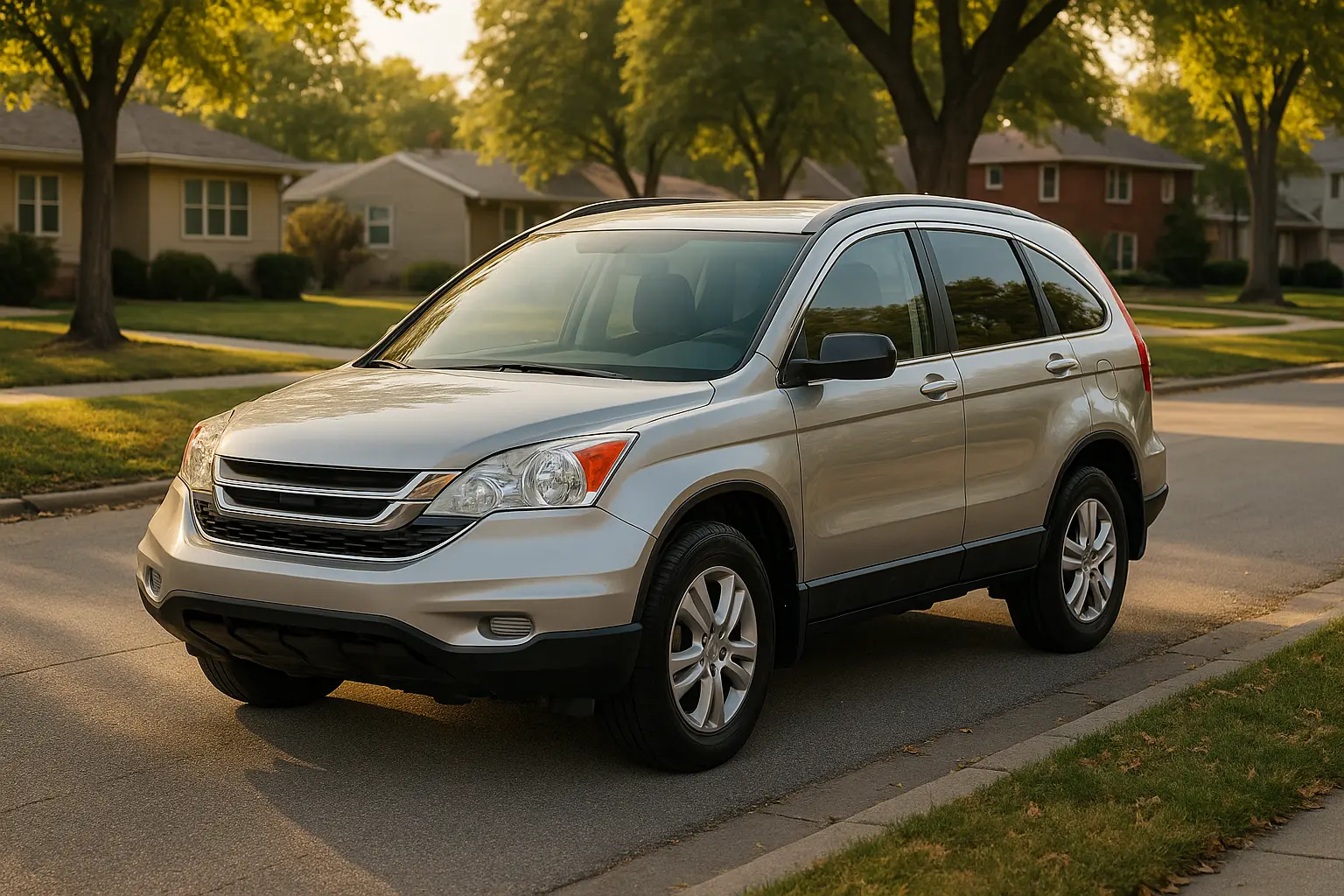Why won't my 2010 Toyota Camry start after it was running fine?
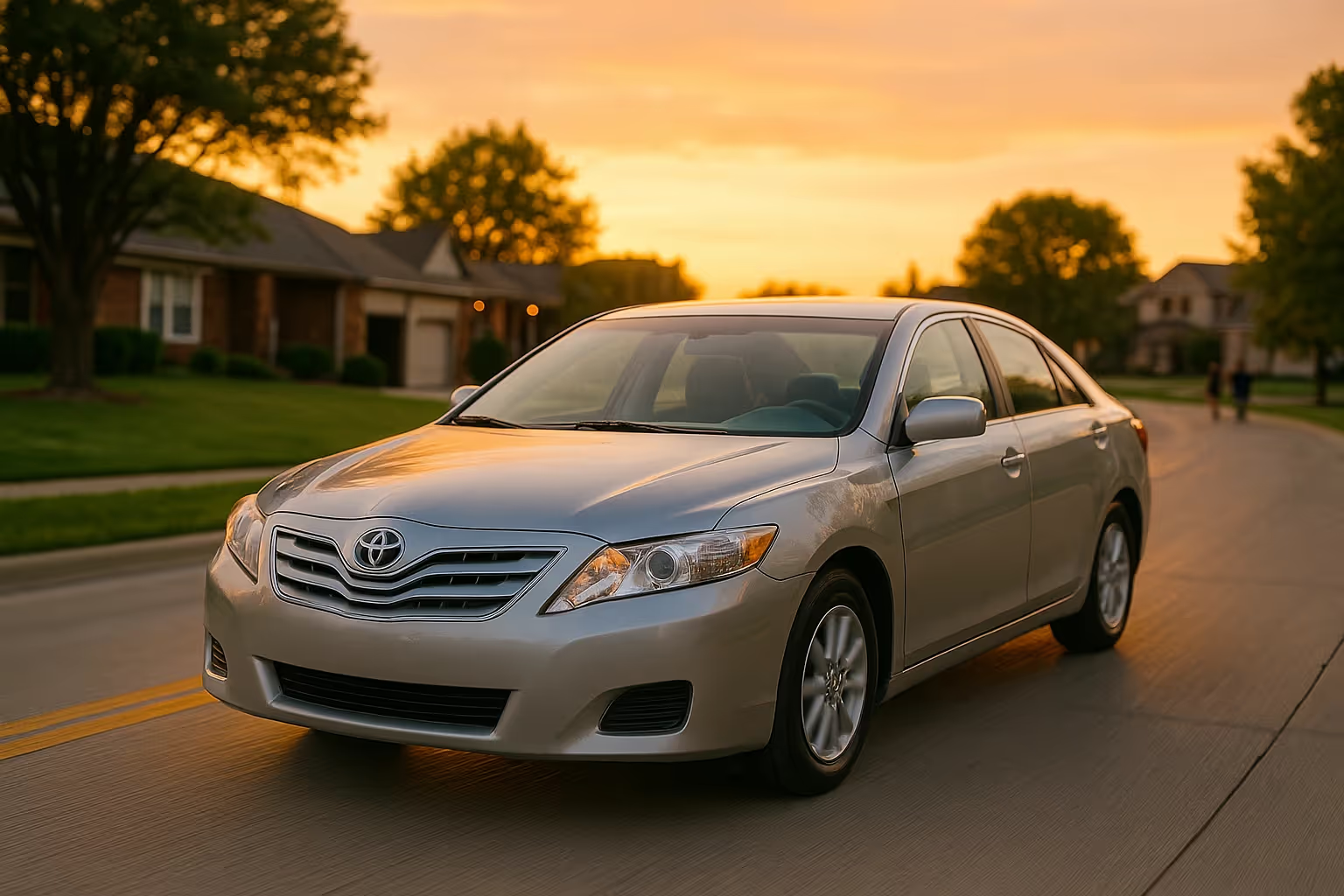
Image designed by Service Stories
Quick Summary
- Issue: Won't start after running fine
- Vehicle: 2010 Toyota Camry SE V6
- Problem: Complete alternator failure
- Solution: Alternator and belt replacement
- Location: Omaha service
Summary
A Toyota Camry that runs fine then suddenly won't start often indicates a charging system failure. Gateway Auto's ASE-certified technicians performed comprehensive diagnostic testing on this towed-in Camry and discovered zero alternator output despite proper power supply. Replacing the failed alternator assembly and drive belt restored reliable starting and proper battery charging function.
At Gateway Auto, we recently fixed this sudden no-start on a 2010 Toyota Camry by replacing the alternator and serpentine belt. Here’s what we found—and how we solved it.
5 Signs Your Camry's Alternator Is Failing
- Car runs fine then suddenly dies and won't restart
- Battery warning light on dashboard
- Dim or flickering headlights while driving
- Electrical accessories losing power while running
- Car starts with jump but dies shortly after
What We Found: 3 Key Issues
1. Failed Alternator Assembly
Zero electrical output despite receiving proper power from the battery.
2. Worn Serpentine Belt
The drive belt required replacement to ensure proper alternator operation.
3. Discharged Battery
The battery needed cleaning, charging, and retesting after the alternator failure.
Our 4-Step Repair Process
- Diagnostic Testing
→ Confirmed no alternator output with proper power supply. - Component Removal
→ Removed bumper and radiator to access the V6 alternator assembly. - Alternator Replacement
→ Installed new alternator and serpentine belt. - System Testing
→ Recharged the battery and verified proper charging system operation.
3 Ways to Prevent Alternator Problems
- Regular Charging System Inspections
Catch declining alternator output early. - Factory Scheduled Maintenance
Keep belts, pulleys, and electrical connections clean and in good condition. - Watch Warning Signs
Don’t ignore the battery light, dim headlights, or electrical malfunctions.
What Customers Say
"Started right up after the repair. No more worrying about getting stranded." — Dylan C.
"Professional diagnosis found the exact problem quickly." — Jennifer M.
Quick FAQ
Q: How long do Toyota Camry alternators typically last?
A: Usually 100,000–150,000 miles, though some fail earlier due to heat or electrical stress.
Q: Can I drive with a failing alternator?
A: Only briefly, on battery power alone. The car will die once the battery drains completely.
Q: Why did my car run fine then suddenly fail?
A: Alternators can fail suddenly when internal windings or diodes break, causing instant loss of charging capability.
Don’t Get Stranded by Charging System Failure
A failing alternator can leave you stranded without warning. If your Camry is showing signs of electrical problems or won’t start after running fine, book an appointment with Gateway Auto in Omaha today for professional charging system diagnosis and repair.

